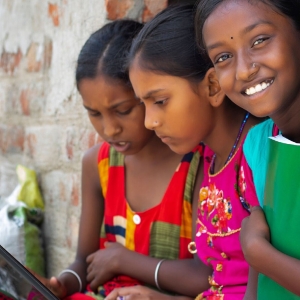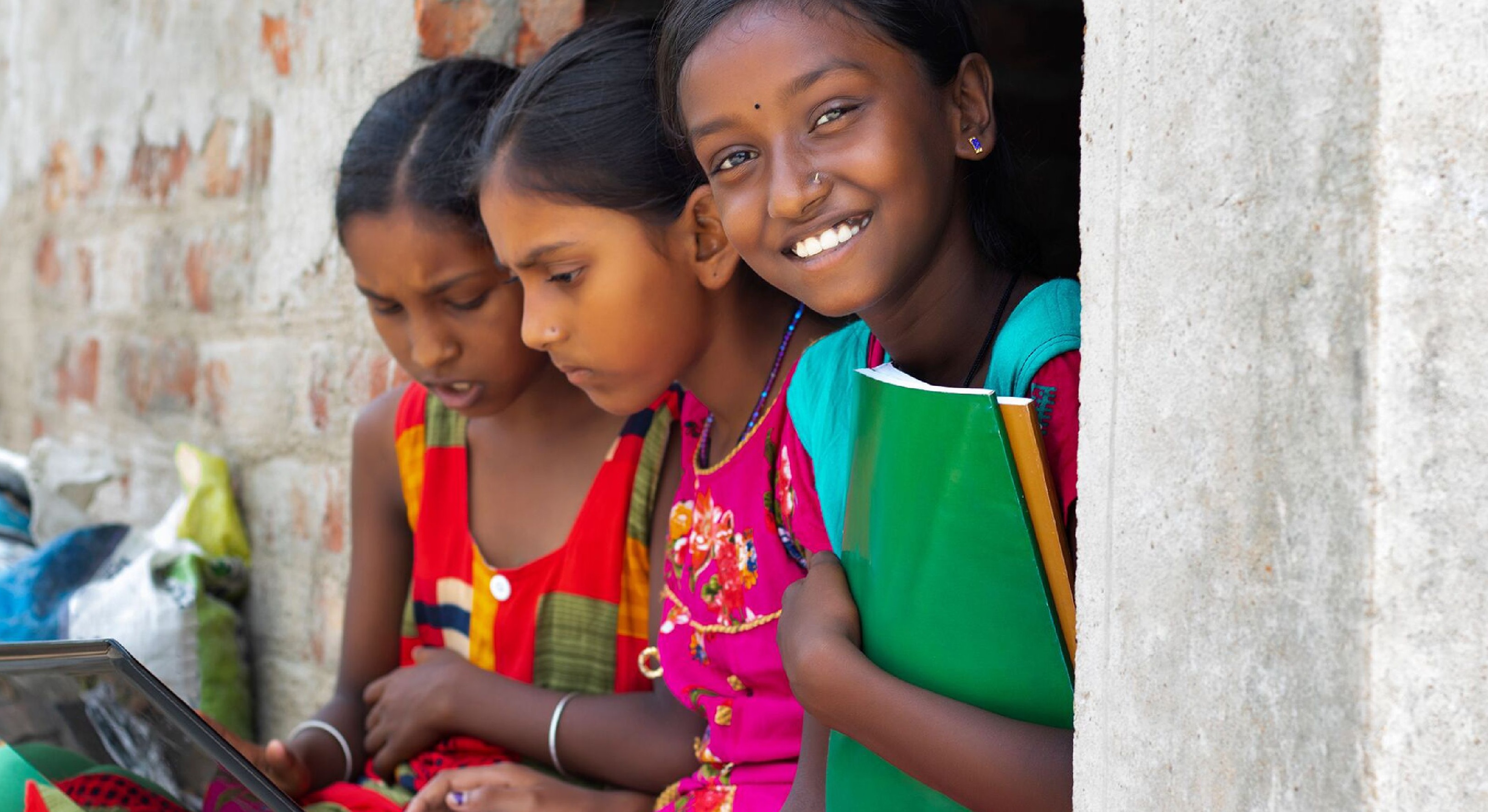
.png) Jaswant Kaur
Jaswant Kaur

If you are an Indian woman who is educated and employed, independent and self-reliant to boot, it's all because of a woman who dared to go against all odds to start a school for girls 175 years ago, precisely on January 1, 1848.
At a time when women's rights were nonexistent and everyone took pride in confining women to the four walls of their house, Savitri Bai Phule and her husband, Jyotirao Phule, started an educational institution with just eight girls. Gradually, these eight girls grew to 70, then 150, and the number of institutions grew from one to three. This was the time when education for girls was considered a sin.
Born on January 3, 1831, Savitri Bai was married at the tender age of nine to 12-year-old Jyotirao Phule. Impressed by her zeal to learn, Jyotirao taught her to read and write. Furthermore, she was trained at Ms Farar's Institution in Ahmednagar and Ms Mitchell's school in Pune to become the first female teacher who inspired many young girls to pursue education.
On her way to school, Savitri Bai had to face harassment from "orthodox" men who threw stones, mud, rotten eggs, and cow dung at her. The idea was to stop her from teaching the girls. Small wonder, she had to carry an extra saree with her! It was a struggle to reach the school every day. But nothing stopped her from carrying on her mission.
Fast forward to January 1, 2024, when we have our first girls' Sainik School at Vrindavan in UP. While inaugurating the school last week, Defence Minister Rajnath Singh said, "the government has given women their rightful place in the Armed Forces, which was neglected for years. They have the right to protect the nation just like their male counterparts. It was a golden moment in the history of women's empowerment when we approved the admission of girls to Sainik Schools. Today, our women are not only flying fighter jets, they are also securing the borders."
Of course, it is a matter of pride and certainly a step forward in the mission of women's empowerment. Our women will now have more opportunities in the armed forces. Who knows, one day, we may have a woman Chief of the Indian Army, or the Indian Air Force, or the Indian Navy, or even the Chief of Defence staff. All of us will undoubtedly be looking forward to that day.
But it took over 75 years after Independence to have such a school, which speaks volumes about our indolent growth. India should have progressed much faster, considering not only were women given the "Right to Vote" immediately after India became a Republic, but our initial education policy after Independence made a lot of effort to improve the enrolment ratio of girls in school. The government took initiatives like providing transport services, recruiting female teachers, and scholarships for girls to reach out to more girls. Such fellowships and scholarships have only increased over time.
There is no end to gender-based discrimination. We have promulgated several legislations to protect the rights of women. Yet, we find cases where girls are raped or sexually abused by their own family members. The latest case, where two brothers impregnated a 13-year-old girl in Mumbai, shows how horrifying the current situation is.
We still lag behind when it comes to speaking about sexuality to children. Our children still struggle to understand the difference between a safe and an unsafe touch. Data shows that more than 99 per cent of the cases of sexual abuse pertain to girls. And in 94 per cent of the cases, the perpetrators are none other than the family members! We might have promulgated laws like the Protection of Children against Sexual Offences Act (POCSO), but we as a country have failed our children, especially girls.
The crime rate against children has only increased if we look at the latest NCRB report released last month. Of course, it can also be construed that the reporting of crimes has improved. But is that the end of it? How many accused actually get punished? Looking at the conviction rate over the last decade of the implementation of POCSO, we see that the pendency rate has only increased five times in cases of penetrative sexual assault and aggravated penetrative sexual assault against children. Over the years, the conviction rate has only dropped to 32.10 per cent in 2021 compared to 39.26 per cent in 2012. It only means we cannot protect our children nor give them justice.
Crime against women is no different story. Delhi, the national capital, continues to be the most unsafe metropolitan city, with an average of three rape cases reported every day in 2022. In fact, the city had more than double the number of cases of crime against women than any city in India. No wonder that for a woman using public transport in Delhi, hardly a day goes by when she is not teased or abused in one way or another.
Yes, we see women marching ahead in almost every field. But if she takes two steps ahead, there are ample forces to push her three steps behind. No wonder the female labour force participation rate has dropped over the years. Our workforce policies are not conducive to their growth and are primarily prepared with the patriarchal society in mind. Be it the gender pay gap, sexual harassment, or office timings, women are expected to carry the burden of not only looking at the official affairs but also their household.
Claudia Goldin, the renowned Harvard economist and the Economics Nobel Prize winner, has shown how women are forced to forgo their jobs to rear children, look after older people, and keep their houses intact. Unlike men, they cannot opt for "greedy jobs" that offer premium pay packages requiring longer work hours, late-night meetings, travel, networking, and more. Unpaid work is a significant roadblock for women's entry into the labour market, affecting the female workforce participation rate.
The Time Use Survey has found that women aged 15 to 59 years spend a large part of their day in unpaid work. The contribution of women in rural regions is as high as eight times that of men, while in the urban areas, the ratio increases to nine times! Unfortunately, this unpaid work is neither counted in their day-to-day life nor in the country's gross domestic product.
We have made several strides to empower women, but much must be done. We worship women in many forms, be it Lakshmi, the goddess of wealth; Durga, the goddess of power; Saraswati, the Goddess of Knowledge; and many more. Yet, our women struggle for a level playing field.
History has shown that women have always proved their worth whenever they are given opportunities. They have led from the front. It is high time that the government took cognisance of the enormous potential inherent in women and provided a conducive environment for their growth and development. The actual progress of any country goes hand in hand with the progress of its women.
It has been estimated that India can grow by 16 per cent by enabling women to participate in the economy at par with men. This is only possible if women are considered equal partners, beginning from policy to politics to education to the economy.
The writer, a company secretary, can be reached at jassi.rai@gmail.com.